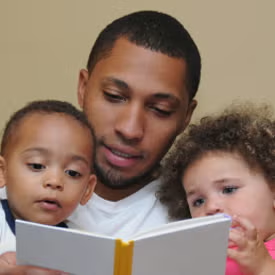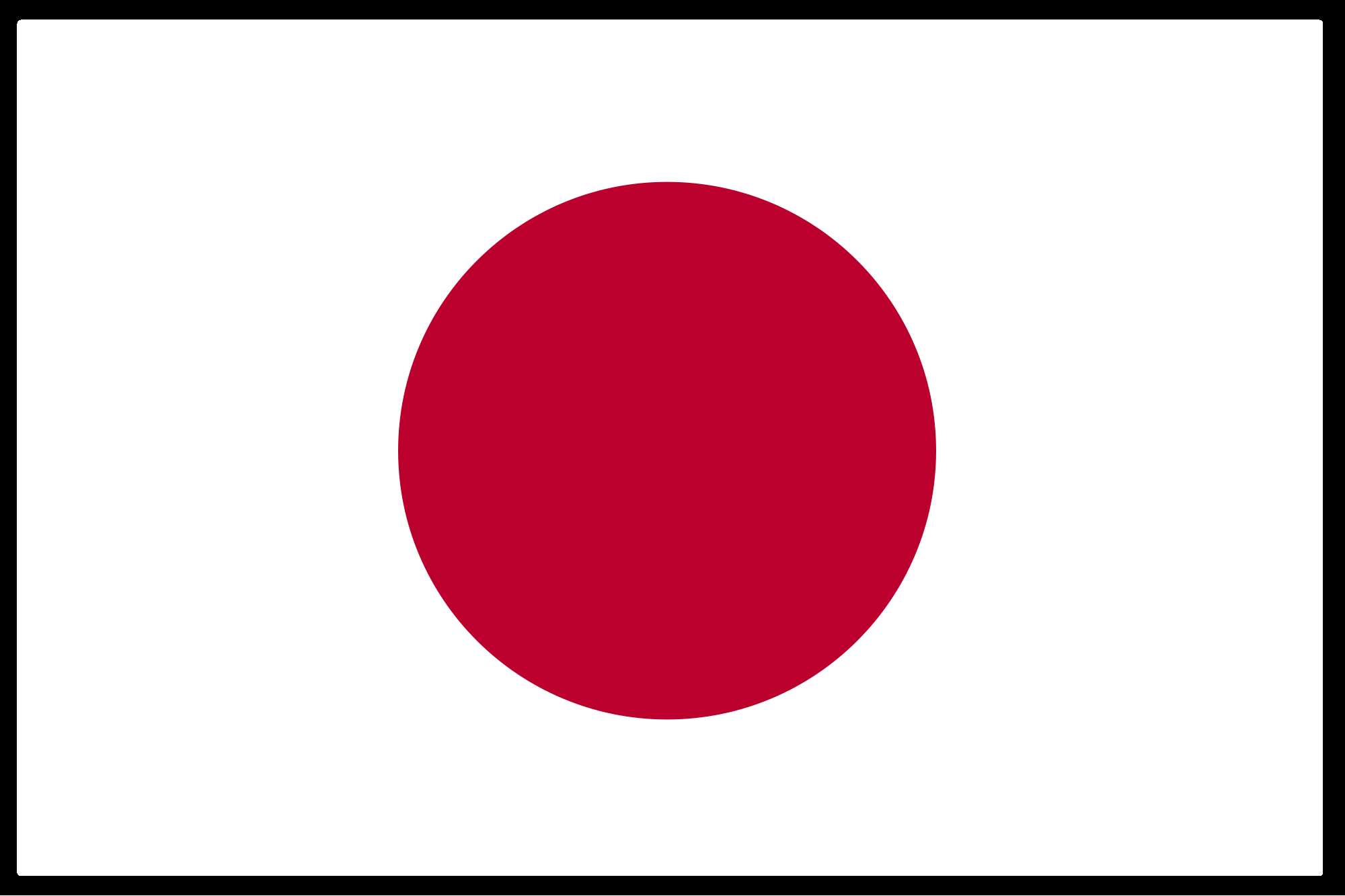Our knowledge of child development is biased: most published studies have been conducted with children growing up in North America, the United Kingdom, Northern Europe, Australia, and New Zealand. It is critical to include children and families who inhabit the rest of the world! Cross-national research in our laboratory has focused on understanding how young children who are growing up in the United States, Japan and P.R China are similar and different in how they develop self-regulation, social understanding, and the ability to adjust to the expectations of their parents and teachers. Studies of countries with contrastive cultural values have strong relevance for understanding the socialization of self-regulation in young children.
 In 2008 we received funding from the National Science Foundation for a unique cross-national study of self-regulation in preschool-age children, Emotion Regulation as a Complex System (ERCS). The ERCS project is co-directed by an interdisciplinary team from Psychology, Biostatistics, Pediatrics, Public Health, Kinesiology (Twila Tardif, P.I), plus cross-national collaborators, all coordinated through the Center for Human Growth and Dev
In 2008 we received funding from the National Science Foundation for a unique cross-national study of self-regulation in preschool-age children, Emotion Regulation as a Complex System (ERCS). The ERCS project is co-directed by an interdisciplinary team from Psychology, Biostatistics, Pediatrics, Public Health, Kinesiology (Twila Tardif, P.I), plus cross-national collaborators, all coordinated through the Center for Human Growth and Dev elopment at the University of Michigan. In this study we examined individual differences in children’s early emotion regulation using a novel complex systems approach. The primary aim was to examine processes involved in the regulation of physiological, behavioral, and social systems inherent to emotion expression in 4 y/o boys and girls who were growing up P.R. China, Japan, and the U.S. This project has yielded rich information about cultural similarities and differences in early stress regulation, socialization, understanding of others, and behavior problems (please see Publications).
elopment at the University of Michigan. In this study we examined individual differences in children’s early emotion regulation using a novel complex systems approach. The primary aim was to examine processes involved in the regulation of physiological, behavioral, and social systems inherent to emotion expression in 4 y/o boys and girls who were growing up P.R. China, Japan, and the U.S. This project has yielded rich information about cultural similarities and differences in early stress regulation, socialization, understanding of others, and behavior problems (please see Publications).
In order to understand the development of children’s social and emotional adjustment, we must first understand how adults in their cultures define and interpret undesirable vs. desirable behavior. Cultural norms influence how caregivers define appropriate behavior in young chil dren, their preferred methods of discipline, and the types of causal attributions they make when children violate social expectations, as well as the manner in which children express negative behavior. Parents’ ethnotheories about child development have motivational properties and provide a frame of reference for interpreting and responding to child behavior. Most prior research connecting parenting beliefs with children’s early behavioral adjustment has been conducted with North American samples.
dren, their preferred methods of discipline, and the types of causal attributions they make when children violate social expectations, as well as the manner in which children express negative behavior. Parents’ ethnotheories about child development have motivational properties and provide a frame of reference for interpreting and responding to child behavior. Most prior research connecting parenting beliefs with children’s early behavioral adjustment has been conducted with North American samples.
Although parents’ reports of children’s behavioral and emotional symptoms have been compared across different cultural contexts, most investigators have used translated versions of instruments that have been developed on Western samples.  However, simply translating an instrument into another language does not mean that it has cross-cultural validity. To address these gaps in knowledge, our research group has pioneered in the study of parents’ intuitive beliefs about children’s behavior, including their theories of how desirable and undesirable behaviors are defined and expressed in children of different ages, how child behaviors considered inappropriate should be managed, and how they explain the causes of child misbehavior. Our collaborative studies have included parents of young children growing up in Japan, P.R. China, South Korea, and the United States. Currently, we are completing interviews with parents in Spain.
However, simply translating an instrument into another language does not mean that it has cross-cultural validity. To address these gaps in knowledge, our research group has pioneered in the study of parents’ intuitive beliefs about children’s behavior, including their theories of how desirable and undesirable behaviors are defined and expressed in children of different ages, how child behaviors considered inappropriate should be managed, and how they explain the causes of child misbehavior. Our collaborative studies have included parents of young children growing up in Japan, P.R. China, South Korea, and the United States. Currently, we are completing interviews with parents in Spain.






